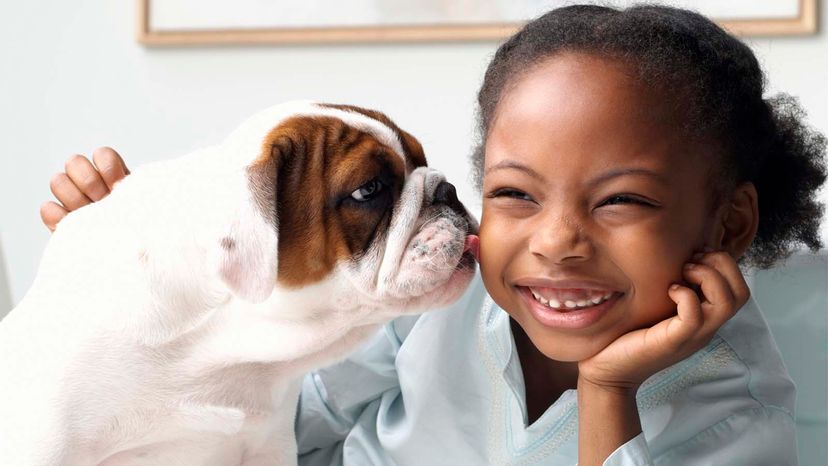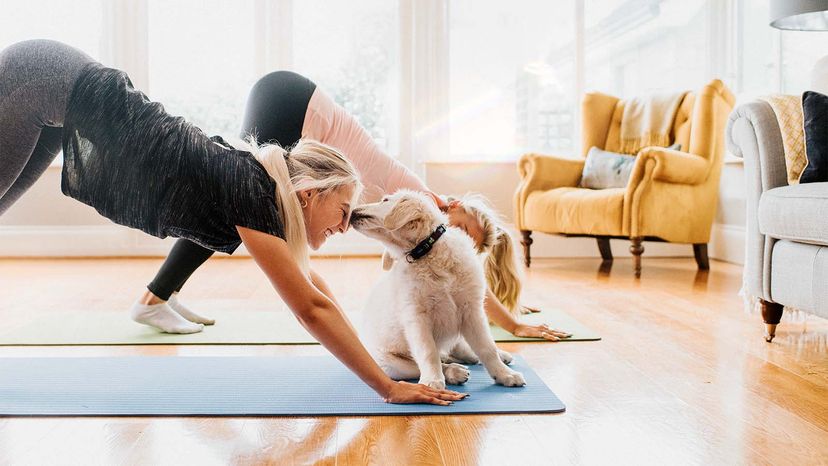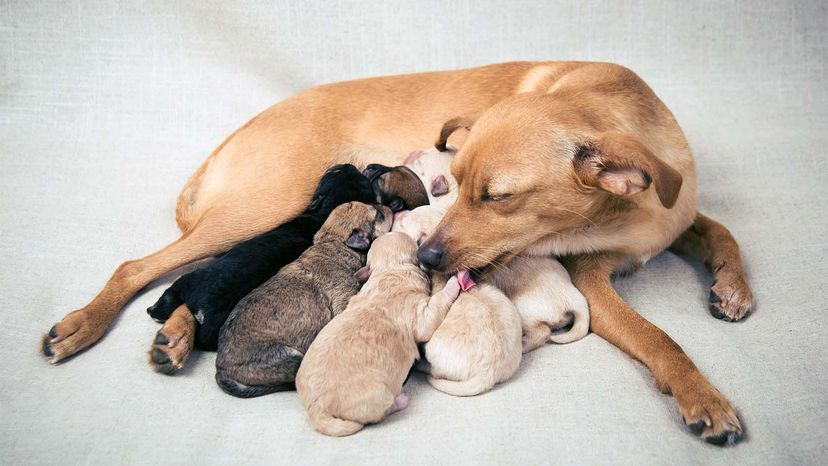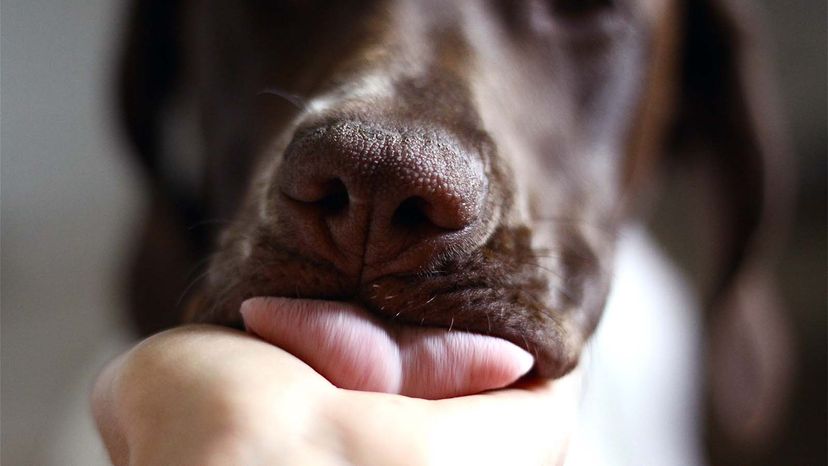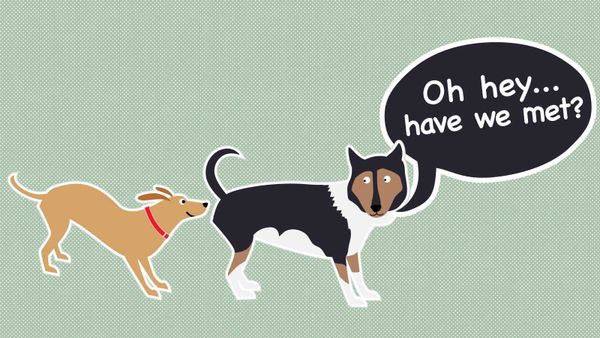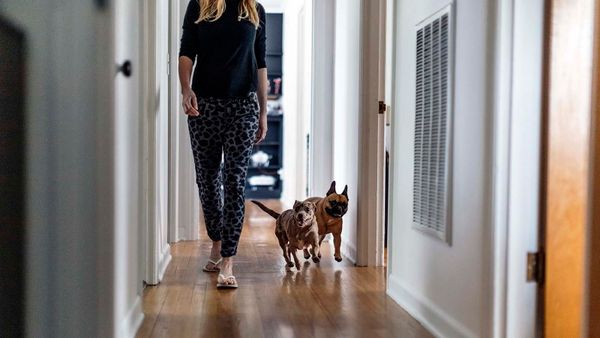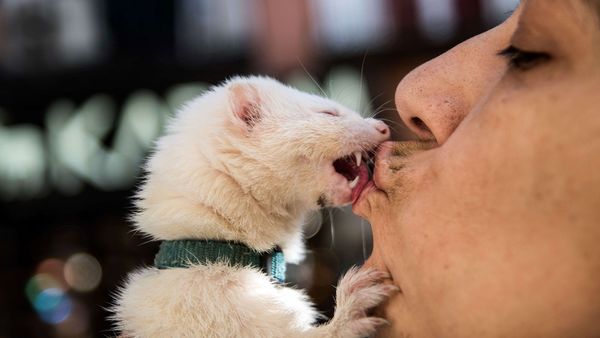As we've already mentioned, licking is instinctive for dogs, and it's a way for them to communicate. But not all reasons for licking are positive. Your pup might lick you when they're nervous, stressed or even anxious. Licking you calms and comforts them — think of yourself as their favorite security blanket.
How do you know when or if you need to stop the licking? Of course, that's your personal choice, but Taylor suggests you at least avoid licks on or near your mouth. You don't always know where your dog's tongue has been, and in addition to all the yucky places you can imagine, their mouths could pass bacteria, like Staphylococcus, E-coli and salmonella to you.
Fetch by WebMD says that although dogs' tongues contain some antibacterial properties (which cleans their fur), those aren't antiseptic, which is a common misconception.
Also, the U.K. Kennel Club says some dogs lick a lot, some don't. But if your dog suddenly starts licking you a lot, that might signal a health issue like an allergy, injury or even arthritis. You should talk to your veterinarian if you notice this type of behavior.
If you want to stop your dog from licking you, Taylor says to use some of the same training methods you would for any other unwanted behavior:
- Tell your dog "No" in a firm voice.
- Pull your hand away (or part of your body that's being licked).
- Push your dog away from you when they start licking.
- Redirect their licking with a toy or other distraction.
- Praise your dog when they're behaving how you want them to.
- Stay clean and wash your hands regularly (which we should all be used to doing by now anyway).
- Most importantly, be consistent in your training.
Frankly, I kissed a dog and I liked it.
